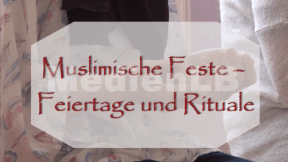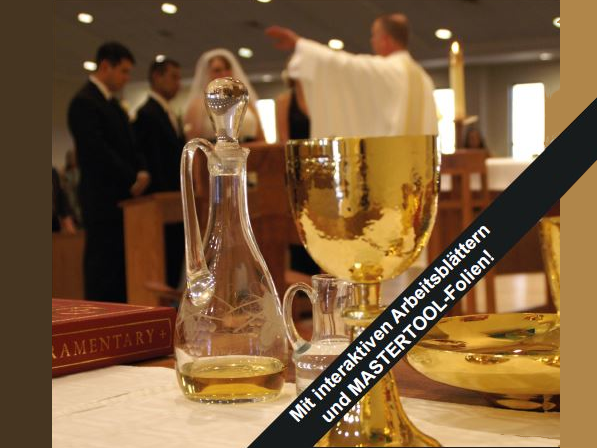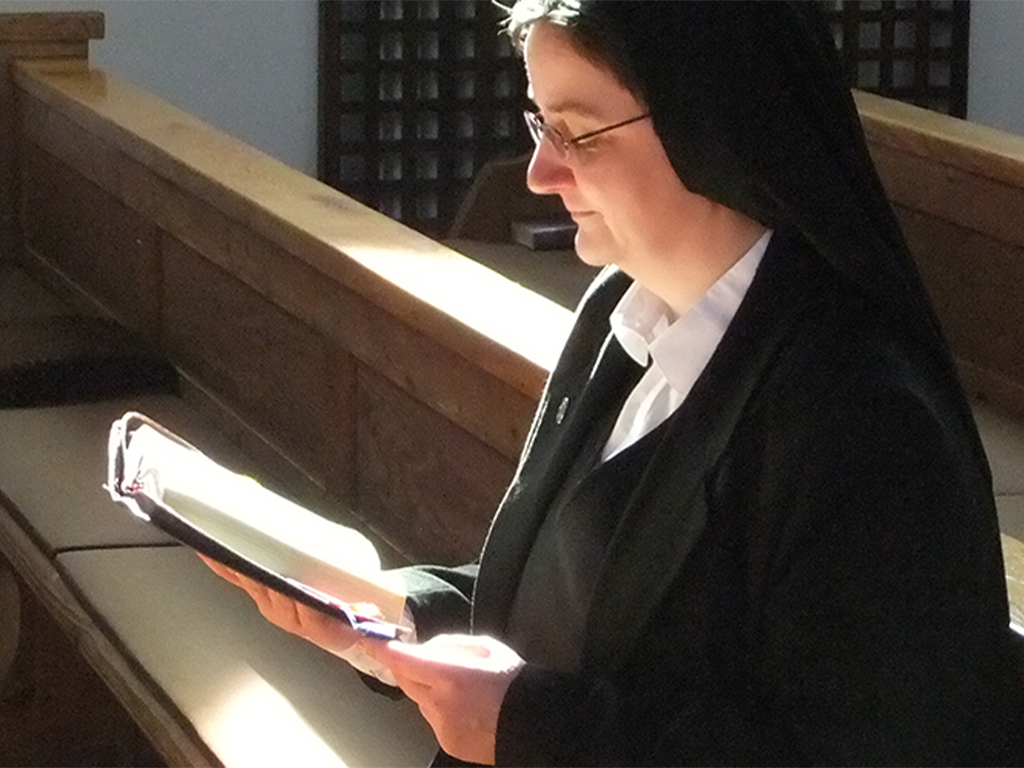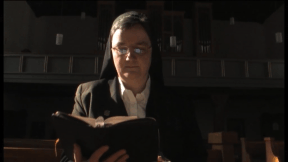

55503649
Beten
Für den Unterrichtempfohlen
In 10 interaktiven H5P-Modulen wird Wissen zu Religion, besonders zum Thema Beten, vertieft und abgefragt.
Das Medium bietet H5P-Aufgaben an, die ohne zusätzliche Software verwendbar sind.
Durch interaktive Aufgabentypen wird das audiovisuelle und interaktive Lernen einfach.
Lernen macht jetzt Spaß!

Included Tasks
- I Religion; Glaube und Gebet - Interaktive Aufgaben
- II Bitten; Beten; Meditieren - Video und Interaktive Aufgaben
- III Beten im Judentum - Interaktive Aufgaben
- IV Beten im Christentum - Interaktive Aufgaben
- V Das Vaterunser - Bringe das Gebet in die richtige Reihenfolge
- VI Beten im Islam - Video und Interaktive Aufgaben
- VII Beten im Hinduismus - Video und Interaktive Aufgaben
- VIII Beten im Buddhismus - Video und Interaktive Aufgaben
- IX Beten - Interaktives Wissensquiz
- X Finde die Bildpaare - Welches Bild passt zu welcher Religion?
Curriculum-centred and oriented towards educational standards
Matching
Muslim Festivals
Meryem and Rabia at midday prayer with their parents. Normal daily routine for them because they belong to the almost five per cent of the German population who are of Muslim faith. They have, like most Christians, too, very special feasts, rituals and holidays. We are going to accompany them and other Muslim families on these festivals.
Sacraments
The Sacraments – they are the visible and audible signs of the invisible workings of God on man. Often they occur at transitions and significant life events such as birth, admission into the community of Christians, growing up. These are the Sacraments of Initiation. In addition, there are the Sacraments of States of Life. They are administered for the decision to enter upon a lifelong companionship or a lifelong service in the Church. And finally, there are the Sacraments of Healing. The word "sacrament" comes from Latin and means: holy sign or also way of salvation.
Prayer
The prayer, a fundamental religious act, which may be formulated in the form of a request, a thanksgiving or as a dialogue. Whether in Islam, Christianity, Buddhism, Hinduism or Judaism – in all five world religions, the prayer is a communion with their God or a Higher Power. Thanking God, asking him for something, recapitulating the day, finding peace – all that can be contained in a prayer. We pray because we are looking for answers, consolation and strength and because in times of stress we seek peace and reflection. Some people also pray out of tradition or out of a sense of duty to their God. Some may also wish to have their prayers answered. There are studies investigating whether what we ask for in prayer actually comes true. The results, however, are not unequivocal. But to the one who prays this is no reason to stop. For the benefit of prayer cannot be measured by studies. For many the happiness of praying consists less in having their requests answered than in their contact with God. Together with the extensive accompanying material the DVD is perfectly suited for use in the classroom. Target group: primary school, special needs school, secondary school









